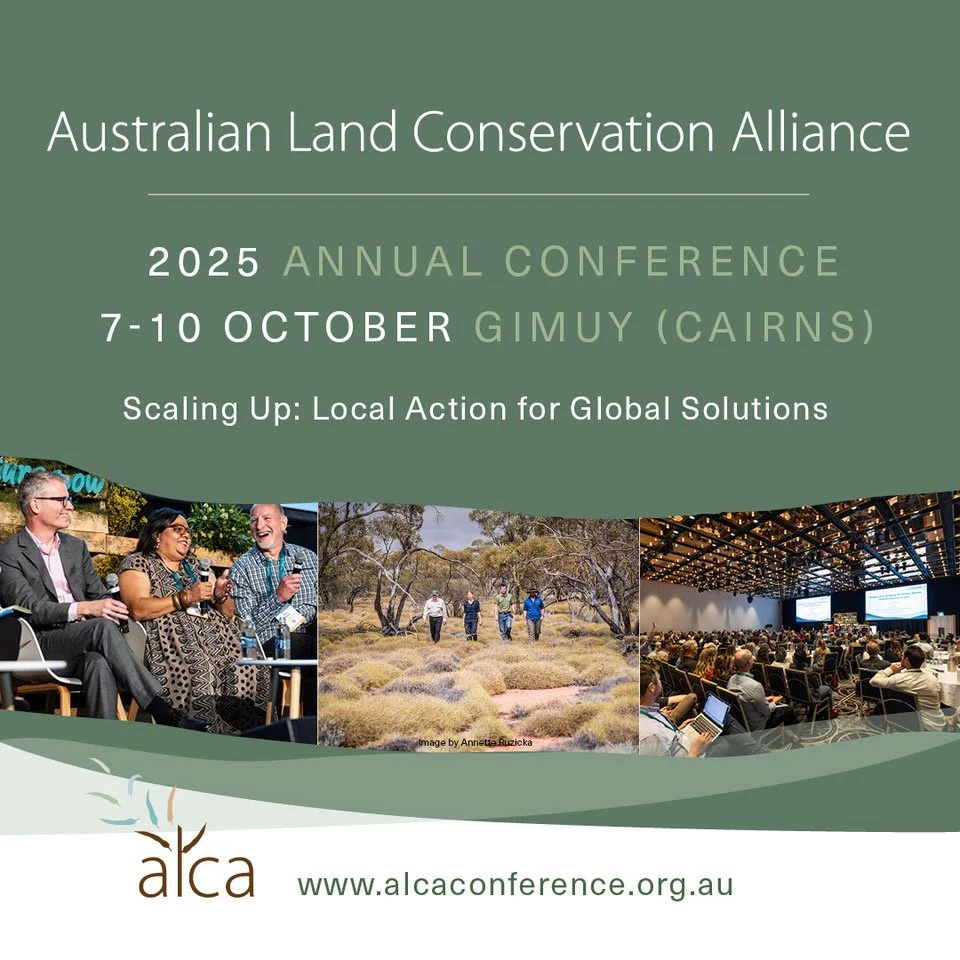I had the privilege of facilitating a multi-stakeholder workshop in Port Moresby, Papua New Guinea, bringing together representatives from the National Fisheries Authority, the Conservation and Environment Protection Authority, the Gulf Provincial Government, the Kikori District Government, and Kikori communities.
Hosted by Secretariat of the Pacific Regional Environment Programme (SPREP), the workshop provided a space for honest dialogue about the future of the fish maw fishery and its impact on threatened species such as dolphins, sharks, and rays.
The workshop, for the first time, provided representatives of the Kikori communities with an opportunity to engage with all levels of government in a multi-stakeholder setting and voice their concerns.
It was encouraging to see everyone working side by side to shape a shared vision for sustainable fisheries management—grounded in science and local knowledge, brought together by the Conservation Standards. Conceptual Models and Theories of Change helped to identify key work priorities and their underlying assumptions.
You can read SPREP’s full media release HERE





